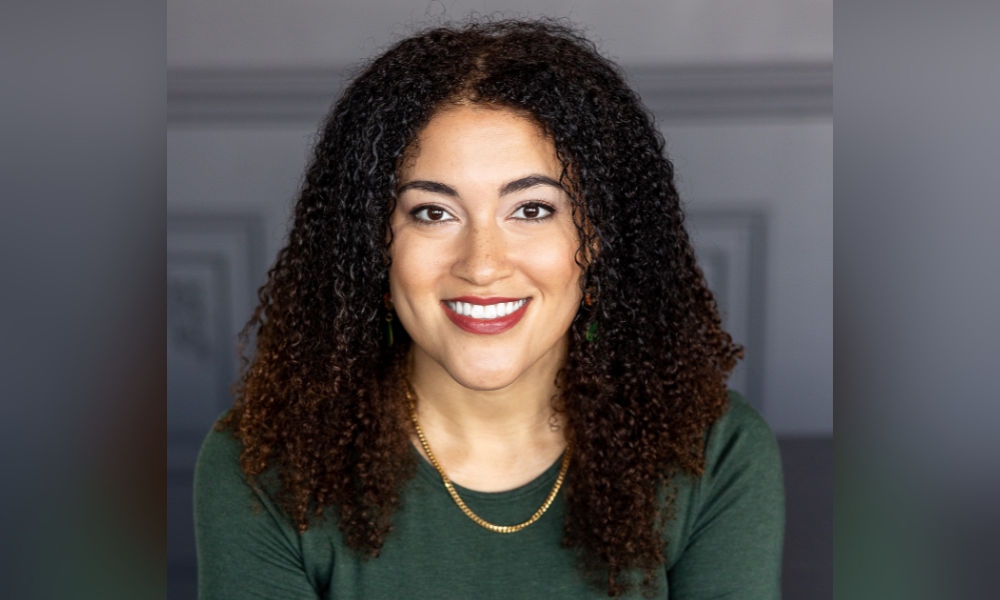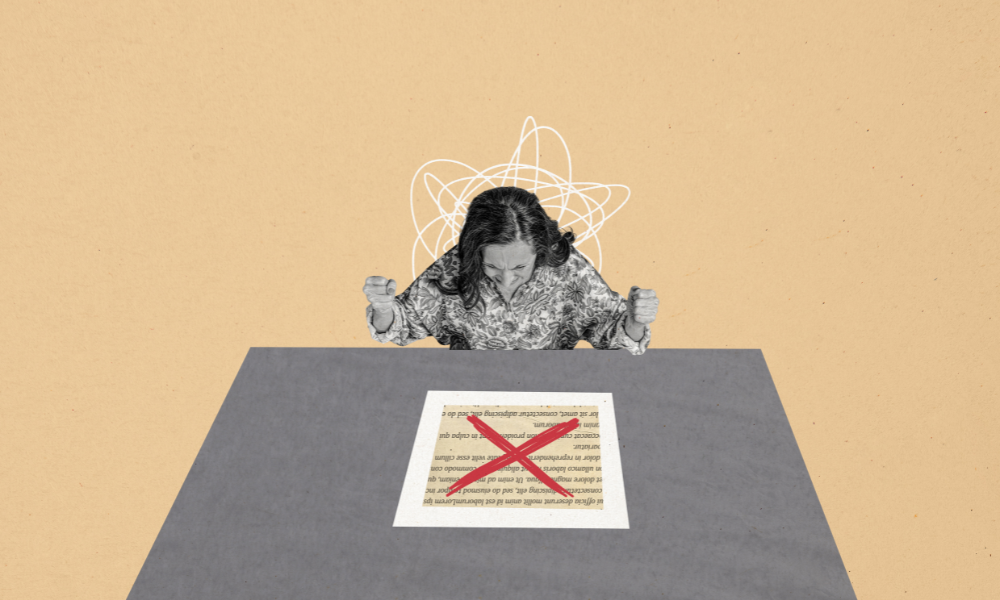Dina Maxwell’s entry into privacy law started in a newsroom, not a boardroom. After graduating from Harvard University and completing her first year of law school at the University of Toronto’s Faculty of Law, she returned home to New Brunswick to work for the summer as a beat reporter for the Telegraph-Journal. One of her early assignments sent her into what many would consider dry territory: a government consultation on access to information legislation.
“To others, [it] might sound a little bit dry, but I found it fascinating,” she says. The subject matter – how governments handle individual information and what obligations they have to disclose it – sparked something that law school hadn’t yet ignited,” she says. “15 years later, here we are.”
At the time, privacy law was far from a hot legal commodity. When she was called to the bar in 2010, the idea of specializing in privacy as a standalone practice was still relatively niche. “You didn't necessarily have the same opportunities to focus on privacy and data in the same way that you do now,” she says. But that didn’t stop her from pursuing it. After articling, her first role was with a privacy research firm. “That’s when I started getting into the study of privacy law, really understanding the legal landscape,” she says.
The work gave her a strong foundation, but something felt off. “To be honest, I was always envisioning myself as a litigator, and so a pure research role didn’t quite feel like the right fit at the time,” she says. She returned to private practice, focusing on commercial and insurance litigation – but privacy stayed with her. “I was always building a privacy and data protection practice off the corner of my desk,” she says. That meant proactively inserting herself into conversations about client policies, anti-spam regulations, and speaking opportunities. “Eventually that just grew and grew and became my sole area of focus.”
Then came a pivotal moment of pause. Maxwell took a full year off – an unusual move in the world of law. “I felt this sense of just constantly going and going and not really pausing to think about what kind of career I wanted to have,” she says. “It was a transformative year.” During that time, she focused on her health, took up meditation, became an avid runner, and even began writing a novel. “After that year, I came away with a reinvigorated sense of how I wanted to practise law and the kind of role that I wanted to have,” she says.
That clarity led her to PwC. She initially worked with the firm externally through an alternative legal services provider, helping with GDPR compliance. “That morphed into a lot of other areas,” she says. Eventually, PwC asked her to join their in-house legal team. “I started out as senior legal counsel, and then I was promoted to chief privacy officer about 10 months before I went on maternity leave,” she says. She returned to the role after a year away and, more recently, has taken on additional responsibility for leading the firm’s internal intellectual property strategy.
Now, as chief privacy officer, Maxwell is responsible for a sweeping mandate that touches nearly every corner of the business. Her team manages the firm’s data protection policies, incident response, anti-spam compliance, data impact assessments, and privacy aspects of vendor contracts. “We’re being asked to do more, which is very exciting,” she says. “We're not just talking about the bread and butter data protection activities... We’re thinking a lot about issues that perhaps would have been considered part of tech law a few years ago.”
Despite the volume and complexity of the work, the privacy team is lean – just Maxwell and two other professionals. But they make it work by embedding themselves into the business and embracing technology wherever possible. “We are very, very bought into technology,” she says. “We’re trying to think of efficiencies... so we can work smarter and with less overhead.”
AI is front and center in Maxwell’s work – and in her view, it should be. She’s quick to point out that the issue isn’t just about managing risk but also driving adoption. Lawyers, she explains, are often hesitant to use AI because it feels like cutting corners. “It’s almost like you think you're cheating a bit by using AI, which is not the case,” she says. Instead, she compares it to working with “a very smart associate who’s going to help you do your work more efficiently.” At PwC, she’s helping shape a framework that balances innovation with legal guardrails, ensuring tools are vetted and used appropriately.
Maxwell is also deliberate about her positioning inside the company. She’s wary of the traditional view of in-house counsel as the last stop for legal sign-off. “I think lawyers are often seen as the office of no, and that's when people stop coming to you to ask questions,” she says. Instead, she frames her role as a partner in innovation. “We're here to... foster all of their creativity and their innovation... while doing so with a view of risk and compliance and making sure that we're protecting our people and our organization.”
It’s not the path she thought she’d take when she entered law school. But Maxwell isn’t looking back. “I don’t know if I would have necessarily pivoted in that direction had I not taken [that] step back,” she says. “So, it worked out the way it was supposed to.”





